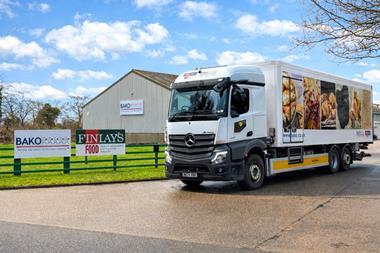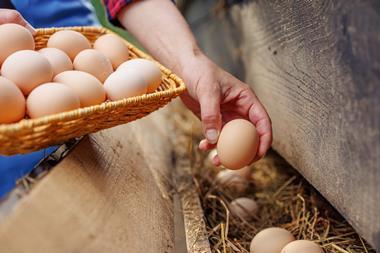
Northumberland-based Silvery Tweed is bringing its family farm into its cereal and seed processing operation with the aim of enhancing its customer offering.
The fifth-generation family business, which processes, manufactures and supplies cereal and seed ingredients to the baking industry from its base in Berwick-upon-Tweed, has been involved in farming since the 1930s. Now, the company has announced it will source and process crops grown at the family farm, The Mead, for use in both new and established product ranges.
The move will also give customers the ability to grow bespoke trial crops for new product development, Silvery Tweed said.
Located 10 miles from Silvery Tweed’s processing facilities, the team at the 750-acre farm is currently growing wheat, barley, rye, linseed and spring oats. According to the company, the farm’s proximity to the Silvery Tweed headquarters will help reduce carbon emissions and the road miles that the produce travels to reach the factory.
The decision to make The Mead part of the Silvery Tweed operation has included significant investment in machinery, buildings and wider farm infrastructure, the company added.
“Bringing The Mead into the business is an exciting addition to Silvery Tweed,” said Robert Gladstone, managing director. “It allows us to enhance our offering to customers by bringing together the experience of our NPD department with our highly knowledgeable farm team.
“Working together, they can determine the required variety, specification and acreage for planting and growing a trial crop to meet the customer’s exact needs, which will be harvested and further processed at our factory ahead of bespoke product development.”
The Mead is now fully operational, with its next harvest of crops due to start in late July.
“As well as trial crops, The Mead supports our sustainability goals as a business and in time will reduce our reliance on sourcing certain products from outside the UK as we scale up production with other growers in the local area,” Gladstone added.
































No comments yet